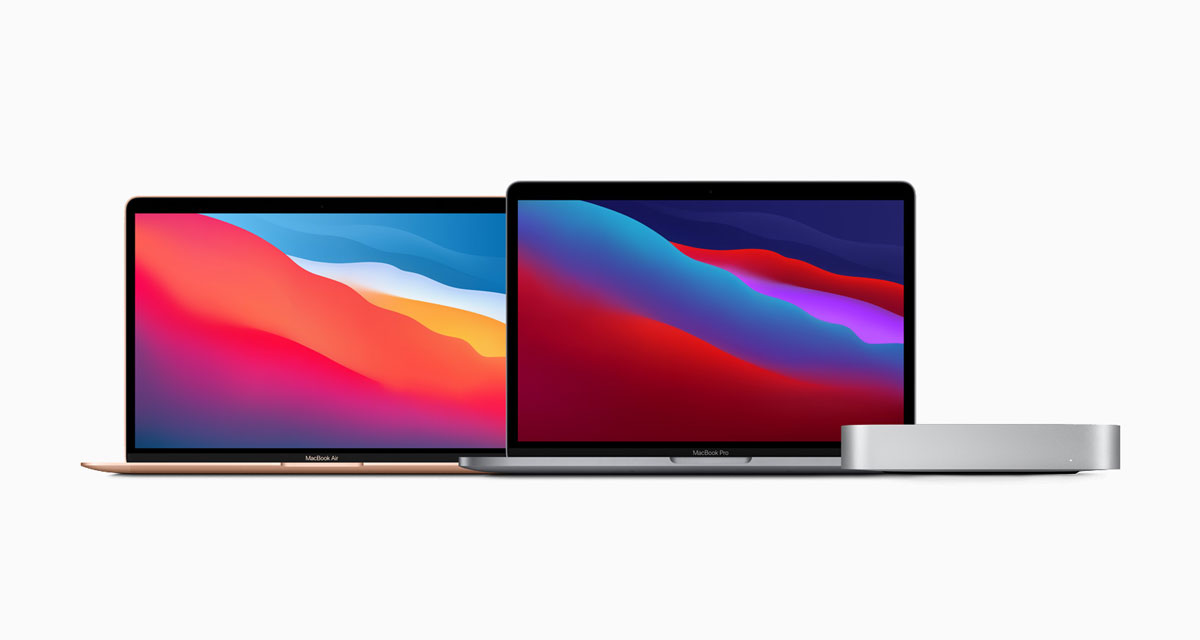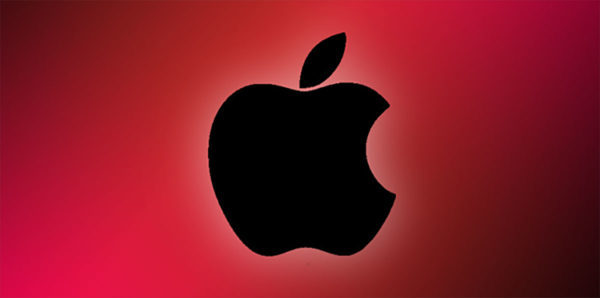A number of independent developers and technical tinkerers have been pushing the boat out over the last few months in order to try and bring rudimentary support for Linux on the M1-powered Macs.
Now, it seems that all of that could be in vain as official support M1-support for Linux could be coming as soon as June.

This, according to Phoronix, which is reporting that the upcoming Linux 5.13 cycle could offer preliminary support for Apple’s current M1 MacBooks and any other M1-powered devices that could likely land in the coming weeks and months.
It’s worth noting that the June 5.13 cycle would offer basic preliminary support and there will still be a long way to go but it’s in good enough shape to make a public appearance in approximately 6-weeks time, according to Phoronix:
Since earlier this year have been a few rounds of Apple M1 Linux kernel patches for bringing up the essential drivers needed to get the Linux kernel booting on the 2020 Mac Mini, MacBook Pro, and MacBook Air powered by the in-house Apple Silicon. It’s in good enough shape that this very early code is likely to indeed land for Linux 5.13, which in turn will debut as stable in the June timeframe.
It’s also worth noting not to expect miracles with the first merge of Linux support for the Apple M1. It’s said that the initial Linux port will get the UART, interrupts, SMP, and DeviceTree bits that would offer “basic functionality.” In order to get the full Linux experience up and running, a lot more time will clearly be needed. The article also states that there will be a “SimpleFB-based frame-buffer” but that “getting 3D/video acceleration will obviously be a daunting challenge.”

Larger expectations aside, the wheels are definitely in motion as a pull request for the Linux 5.13 kernel was submitted on Thursday by Hector Martin who currently works on the Asahi Linux project.
You may also like to check out:
- Download: iOS 14.4.2 IPSW Links, OTA Profile File Along With iPadOS 14.4.2 Released
- Jailbreak iOS 14.4.2 Using Checkra1n, Here’s How-To [Guide]
- Download Unc0ver v6.0.0 IPA iPhone 12 Jailbreak For iOS 14.3
- How To Downgrade iOS 14.4 The Easy Way [Tutorial]
- How To Fix Bad iOS 14 Battery Life Drain [Guide]
- Convert Factory Wired Apple CarPlay To Wireless Apple CarPlay In Your Car Easily, Here’s How
- iPhone 12 / Pro Screen Protector With Tempered Glass: Here Are The Best Ones
- Best iPhone 12, 12 Pro Case With Slim, Wallet, Ultra-Thin Design? Here Are Our Top Picks [List]
- Best iPhone 12 Mini Screen Protector: Here’s A List Worth Checking
- Best iPhone 12 Pro Max Screen Protector: Here Is A List Worth Checking
- Apple Watch ECG App Hack: Enable Outside US In Unsupported Country On Series 5 & 4 Without Jailbreak
You can follow us on Twitter, or Instagram, and even like our Facebook page to keep yourself updated on all the latest from Microsoft, Google, Apple, and the Web.

